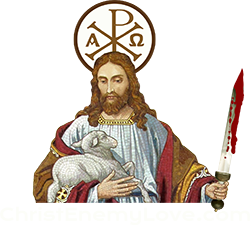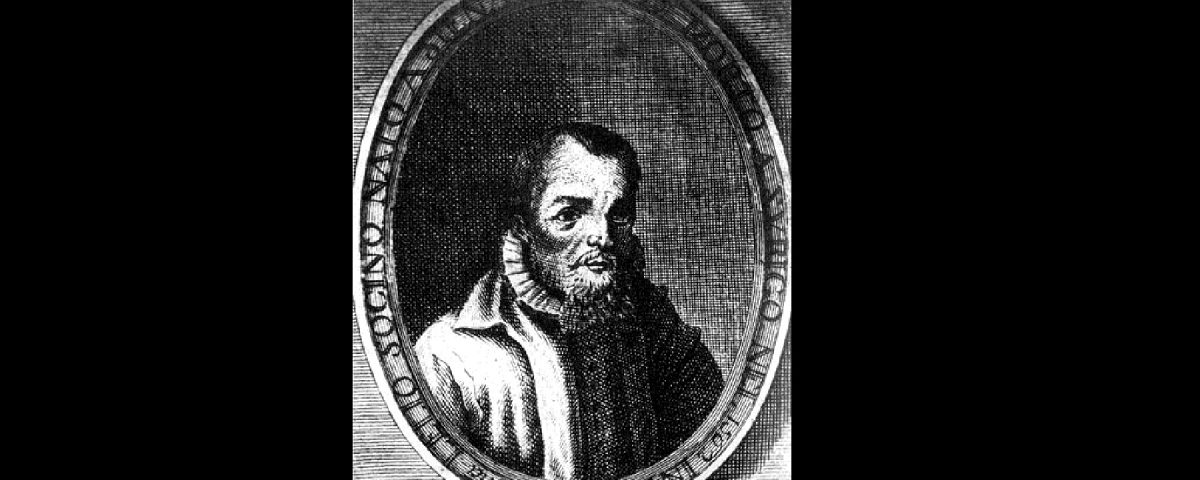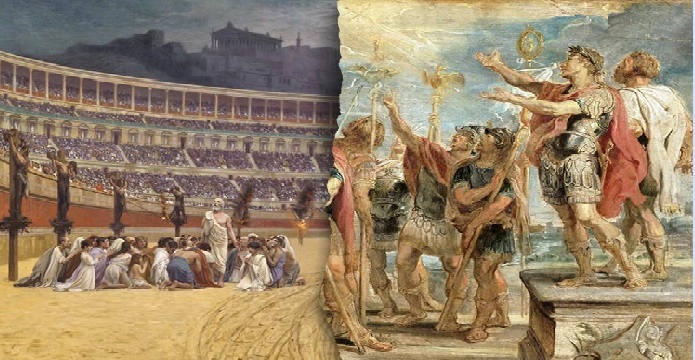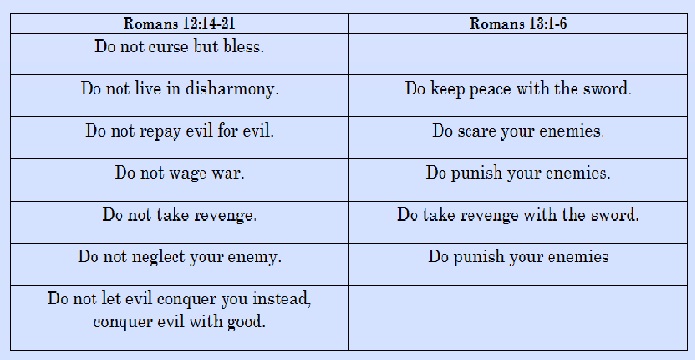Laelius and Faustus Socinus, Founders of Socinianism: Their Lives and Theology Part One
by Marian Hillar
While in Kraków Socinus became involved in the disputes and discussions within the church and defending the church against its enemies.
Soon Laelius Socinus was asked to respond to Jacobus Palaeologus, a former Greek monk from Chios and religious refugee from Italy, concerning the issue of social property and political authority. This was a part of the ongoing discussion among the Polish Brethren on the use of the “sword” (ius gladii). The Polish Brethren were divided on this issue – some supported full participation of true Christians in the political life of the country and war, and others supported prohibiting active participation in political life and military service, since this, by necessity entailed the use of violence which was against the letter of the gospel. The issue was especially acute in Poland, a country that considered itself a “bulwark of Christianity.”
In the early years 1569-1570 after the Racovian community was founded, some Brethren, influenced by the Moravian Anabaptists, and led by Grzegorz Paweł (1525-1591) and others, advocated radical pacifism and withdrawal from the political life of the country. They even abolished the institution of ministers and introduced a radical communist rule. However, Szymon Ronemberg, a senior in the congregation in Kraków, after visiting Moravian Anabaptists, eradicated this radicalism and reintroduced the governance of ministers. On his request Palaeologus wrote in 1572 his treatise criticizing the early Racovians and supporting the view that it was the duty of a Christian to participate in the defense of his country and protection of its laws. The main congregations of the Polish Brethren rejected radical pacifism and actively participated in the political life of the country. But in 1580 the manuscript of Palaeologus was printed by Szymon Budny (1533-1593), a radical minister in Kleck, Lithuania, without the approval of the congregation, and the discussions among the Brethren were renewed again. Palaeologus misrepresented the views of Racovian anti-Trinitarians who already abandoned those radical social tendencies. Radical views could represent danger to a country and they were used now to misrepresent and distort the ideas of the Polish Brethren by their enemies and as a pretext for the new king, Stefan Báthory, to repress the church. On the special and explicit request from the Brethren, Socinus agreed to write a clarification and to defend the position of the Racovians. His reply was approved by the synod in Chmielnik in 1581 and published anonymously. Socinus was a theoretician who now faced a practical problem and need to reconcile the exigencies of a concrete situation with an abstract theoretical speculation.
In the first part of his Response, Socinus reviews the doctrine of the Racovians based on the Sermon on the Mount. The State has no need of Christians for its military activity and has no right to force Christians to participate. Evil is won only with spiritual force. And there can be no war desired by God. But he approves armed resistance against a government that would persecute the religious opinions of one group of its citizens. At the same time he condemned religious doctrines that would support armed destruction of some forms of political power. Religious life is separate from the political and must never use political or military means.
In the second part Socinus addresses the question of participating in the function of the civil authority through the use of swearing and tribunals. Socinus does not deny the authority the right to exact swearing and to punish the malefactors. But at the same time he contends that true Christians should not ask for justice from the civil authority but should resolve their problems among themselves. Socinus does not accept the argument that by not punishing injustice one commits a graver injustice and points to the example of indulgence of the pagans. Detachment from civil life for Socinus meant only avoidance of interaction with the impious and nonreligious. A Christian can practice in a civil office provided it does not require the shedding of blood of another Christian. In the case of a war in the defense of one’s homeland, Socinus claims that prohibition against violence and bloodshed does not apply to the government but to individual Christians. A Christian should obey the authority as well as God, but in no case should one act against an expressed precept of Christ. One can obey the order to go to the war but must not kill. Similarly in the case of self-defense, one can terrorize the enemy by all means but must not kill. Also, a Christian can go to the court but only for the restitution of his property, never for punishment. These are ambiguous views and they were forced on Socinus by the actual political and social situation in the country. Socinus’s true thought was a total disinterest in the matters of the world, a rejection of the political and social life. Being pressed, however, to defend the Racovians against the attacks of the enemies and the king, he found recourse in a detailed casuistry. Moreover, to avoid conflict with the State he insisted on the supremacy of the civil authority and the religious duties of the individuals. An attack against the Unitarians came in the form of written theses from the so-called Collegium Posnaniensis against the Unitarian doctrine to which Socinus replied with his rebuttal.




